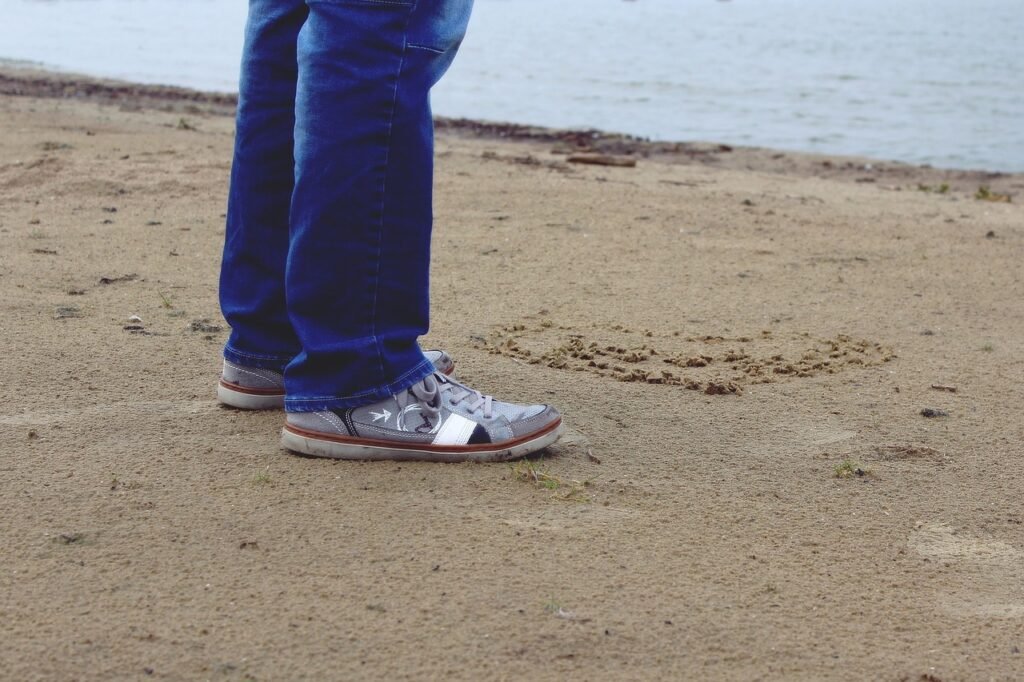As seasoned wanderers, we know that there’s nothing quite like the thrill of exploring new destinations. But let’s not forget that traveling can also be emotionally taxing. That’s why we’ve put together this handy guide to help you maintain your mental well-being while on the road. From managing the stress of missed connections to finding moments for mindfulness amidst chaos, our tips will ensure you stay mentally healthy, allowing the joy and excitement of your adventures to take center stage. So, buckle up and let’s dive into how we can keep our spirits high and our minds at ease, no matter where our journeys take us! Have you ever felt that inexplicable mix of excitement and anxiety just before embarking on a journey? Whether it’s a weekend getaway or a months-long expedition, traveling can significantly impact our mental health. While the thrill of exploring new landscapes is undeniable, the stress related to planning, unexpected challenges, and being away from our comfort zone can make us feel overwhelmed. So, how can we maintain our emotional well-being while embracing the nomadic lifestyle?

Understanding the Impact of Travel on Mental Health
Traveling is a profoundly enriching experience, allowing us to expand our horizons, meet new people, and break away from our routine. However, it’s crucial to acknowledge how these changes can affect our mental health.
The Positive Effects of Traveling
Traveling exposes us to new experiences which can be incredibly uplifting for our mental health. These experiences can boost our mood, increase our self-confidence, and provide a sense of accomplishment. Discovering new cultures and environments also enhances our adaptability and empathy towards others.
Recognizing Potential Stressors in Travel
Despite the joy it brings, travel can also be a source of stress. The unpredictability of travel situations, such as delays, lost luggage, and navigational challenges, can produce anxiety and stress. Cultural shock and the constant need to adjust to new environments can also take a toll on our emotional health.
Preparing Mentally for Travel
To fully embrace the joys of traveling, we need to prepare ourselves mentally as much as we physically prep. Here are several strategies to consider before setting off.
Establish Your Travel Intentions
Before we travel, it’s helpful to clarify why we are going — whether it’s for relaxation, adventure, or perhaps a bit of both. Understanding our motivation can help align our activities and manage our expectations, which is beneficial for our mental well-being.
Educate Yourself About Your Destination
Understanding the cultural norms, language basics, and logistical particulars of our destination can alleviate a lot of stress. This preparation allows us to feel more comfortable and less anxious about the unknowns.
Manage Your Travel Anxiety
If travel anxiety is something we struggle with, addressing it proactively is crucial. We can do this by familiarizing ourselves with travel specifics, planning manageable itineraries, and practicing relaxation techniques like mindfulness or deep-breathing exercises.

Maintaining Mental Health While Traveling
Once we’re on the road, our mental health management doesn’t stop. Here are some ways to sustain our emotional well-being during the journey.
Keep a Routine
Where possible, keeping a semblance of our normal routine can be comforting. Whether it’s morning runs, reading before bed, or maintaining a healthy diet, these small acts of normalcy can have grounding effects.
Stay Connected
Maintaining connections with loved ones can also be comforting. Regular check-ins via messages, calls, or video chats can help alleviate feelings of loneliness and provide a space to share experiences or vent frustrations.
Embrace New Experiences
While routine is comforting, it’s also essential to embrace new experiences. Engaging actively with the local culture and trying new activities can be therapeutic and immensely enriching.

Tips for Handling Travel-Induced Stress
No matter how well we prepare, travel can be unpredictable. Here are some tips to handle potential stressors effectively.
Develop Coping Strategies
It’s beneficial to have a toolkit of coping strategies ready. This might include breathing exercises, journaling, or even a comforting playlist. Knowing what soothes us and how to access these resources while traveling is key.
Practice Flexibility
Plans may not always go as expected, and that’s okay. Practicing flexibility and adjusting our expectations helps reduce stress and leads to a more enjoyable travel experience.
Seek Support When Needed
If we’re feeling overwhelmed, it’s important to seek support. Whether it’s from travel companions, local resources, or mental health professionals, getting the help we need is crucial.

Post-Travel: Dealing with the “Post-Travel Blues”
Returning from a trip can sometimes lead to what’s often called the “post-travel blues,” a type of melancholy or emotional letdown after the adventure ends.
Recognize the Signs
Feeling sad, disoriented, or unmotivated after returning from a trip is normal. Recognizing these feelings and understanding they are temporary can help us manage them more effectively.
Ease Back into Routine
Gradually easing back into our everyday routine can help. Simple actions like unpacking immediately, catching up on sleep, or planning a small get-together can reintroduce normalcy and reduce feelings of sadness.
Plan Another Trip
Often, looking forward to another adventure can alleviate the post-travel blues. Whether it’s a short local trip or starting to plan another big journey, this can shift our focus and uplift our spirits.
Traveling is undeniably rewarding, yet it’s vital to remain attentive to our mental health needs throughout. By preparing adequately, employing strategies to manage stress, and embracing the transformations that come with travel, we can enjoy richer, more fulfilling adventures. Remember, the journey is as much about exploring the world outside as it is about understanding the world within us. Safe travels!



